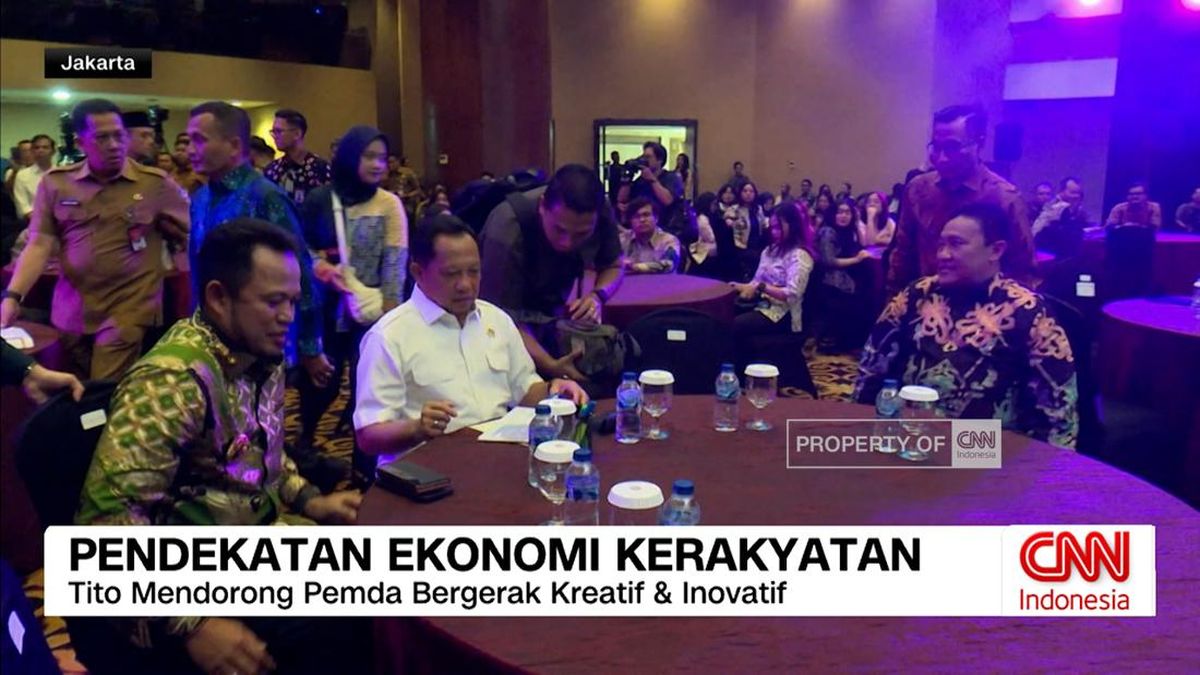From a globetrotting family saga to Australia’s greatest museum heist, here are 10 new books to add to your reading pile.
FICTION PICK OF THE WEEK

Vulture
Phoebe Greenwood
Europa, $39.99
This mordant satire on journalists in conflict zones has been penned by an author who’s worked in the field. Phoebe Greenwood’s Vulture opens in Gaza in 2012, where ambitious correspondent Sara has been sent to a four-star hotel called The Beach. It’s the local hub for international media, and Sara’s description of it – “a fussy, calcified chocolate cake on display at a sad village bakery” – gives some indication of her weirdly off-kilter jocularity and self-absorbed frame of reference. Some of the cynicism is gallows humour, a coping mechanism in the face of horrors witnessed every day. But Sara’s emotional vacancy is so sustained that it eventually becomes menacing and absurd, especially when the hunt for a scoop leads to unintended harm. A quest for an exclusive – a tour of terror tunnels built by Hamas – leads to trouble that brings into sharp focus the ethics of war reporting. Given the appalling number of journalists killed in Gaza since the latest war began, the novel also serves as a kind of antiwar burlesque – a Catch-22 for the media, rather than the military – and neither Greenwood’s antiheroine, nor anyone else, gets let off the hook.
The Bolthole
Peter Papathanasiou
MacLehose, $34.99

Does it count as outback noir if it’s set on Kangaroo Island? Probably not, I should imagine, though it doesn’t matter much if it’s good crime fiction. And The Bolthole is certainly that. Local islanders have become wary of encroachment. Kangaroo Island is a remote and fragile place, and there are those who dislike the fact that it has become a bolthole for cashed-up mainlanders. So, when a rich newcomer, Richard Marlowe, vanishes one morning, there might be more to the disappearance than meets the eye. Admittedly, the man was last seen walking into the ocean for a dawn swim. He’s presumed at first to have been taken by a great white shark. When two cops arrive at the island hoping to locate Marlowe and rule out foul play, however, they’re given a frosty reception. Detective Sergeant Manolis and Senior Constable Sparrow soon find themselves thrust into the depths of an island on the verge, where locals and wealthy getaway seekers are waging a covert war against one another. Papathanasiou’s detective fiction draws a striking contrast between the fragile beauty of the unique island landscape, and the ugliness and desperation of humans who would despoil it.
Fierceland
Omar Musa
Penguin, $34.99

The complexities of inheritance pattern Fierceland, a globetrotting family saga and the second book from Australian-Malaysian rapper and poet Omar Musa. Two adult siblings return to their childhood home in Sabah to mourn their father’s death, and to grapple with a legacy darker than most people know. And what most people know is dark enough – their father Yusuf was a palm oil magnate, building an empire from the wanton destruction of pristine rainforest in Malaysian Borneo. As his children grow up, they discover that their comfortable lives have been built upon ecological destruction on a vast scale. Their paths in life diverge in response – Harun becomes a tech entrepreneur in the US; Roz a struggling artist in Australia – and their reunion brings with it a reckoning with their father’s history and contradictions, and a chance at reflection, if not redemption. From the forests of Malaysia to fantasy video games, Musa weaves a picaresque narrative that slides between profusion and desolation, belonging and alienation. The structure plays with an appealing, game-like fabulism, weakened slightly by some of the author’s looser digressions.
The Impossible Fortune
Richard Osman
Viking, $34.99

Richard Osman was inspired by Agatha Christie when he penned the first of the Thursday Murder Club books. He may never rival Christie (few could), and yet Osman’s “cosy crime” series continues to grow in popularity, especially with the Netflix film starring Helen Mirren and Ben Kingsley released this year. In The Impossible Fortune, the gang of four retirees who solve crimes for their own amusement – Elizabeth, Ron, Joyce, and Ibrahim – have been having a quiet time of it. Crime has a way of seeking them out, however, and although Elizabeth is still grieving (and not quite herself) after the events of The Last Devil to Die, that gives the others a chance to step centre stage for a bit. The mystery itself involves a missing fortune in cryptocurrency, and a villain who’ll stop at nothing to crack an unbreakable code. As with Osman’s other Thursday Murder Club efforts, a large part of its appeal lies in the complex characters and the struggles they face getting older. It’s deservedly popular comic crime, and fans hungry for the next episode should happily devour it whole.
The Forsaken
Matt Rogers
Simon & Schuster, $34.99

Action thrillers often have antiheroes who are up against it, graduates of the school of hard knocks, and Matt Rogers’ The Forsaken doubles down on the trope. Near the end of his career as a hitman, Logan Booth discovers he has been manipulated all along. Far from the vigilante he thought himself to be, he learns he has been working for the CIA, unawares. The revelation causes a spiral of self-loathing, alcoholism, suicidal ideation. Logan is saved by his rage. When his only friend Jorge, an investigative journalist, is brutally murdered, possibly in response to a corruption expose he was planning to write, he comes out of retirement to track down those responsible. Logan teams with Alice, a homeless crack addict (and an eyewitness with a target on her back) to get justice for his friend, vigilante-style. Along the way, his old handler at the CIA reappears with an offer of assistance, and Logan is torn between bitterness and resentment and loyalty to his newfound purpose. A slick and propulsive noir thriller with damaged characters, tense action sequences, and the stench of corruption never far away.
NON-FICTION PICK OF THE WEEK

Under the Influence of Salmon
Steve Harris
Melbourne Books, $39.99
One might debate Steve Harris’ claim that Atlantic salmon is the “numero uno” of all animal species in the eyes of humans. But, in the best possible sense, he is a writer “under the influence” of his subject, which is both the fish and the man who brought salmon to the southern hemisphere. In the mid-1800s, as word spread that two Frenchmen had successfully propagated wild salmon and that an attempt to bring salmon ova to Australia had failed, Tasmanian James Arndell Youl made it his life’s mission to succeed in such a venture – even though he knew no more about this fish “than a wagon horse”. While there were no shortage of naysayers in the press and science disparaging the dream as folly, Youl refused to give up. When fertilised eggs finally survived the journey from Britain, their arrival was heralded as a “national event”. Harris deftly captures the dramatic tension of the enterprise and the mood of the colony at this time, showing how this charismatic fish took hold of the public imagination as both a symbol of antipodean perseverance against the odds and as an emblem of “home”.
A Short History of the Gaza Strip
Anne Irfan
Simon & Schuster, $29.99

Back in 2012, the UN warned that Gaza would soon be “unliveable”. Palestinians organised campaigns and marches, looking for ways to end the “deadlock of blockade, bombardment and disunity”. Resourceful young people came up with innovations to address the problem of blackouts and the urgent need for construction materials as Palestinians sought to wrest back control of their lives in the face of overwhelming events. Anne Irfan stresses that only history – rather than theology or geography – can account for the current catastrophe, identifying six key episodes from the expulsion and displacement of Palestinians when the state of Israel was created in 1948 to Hamas’s electoral victory in Gaza in 2006. But it’s the stories of Palestinians, whose existence has been shaped by these impersonal forces, that flesh out this account and bring it alive. The restrained clarity of this work provides a much-needed perspective on this fraught and bloody moment in history.
The Butterfly Thief
Walter Marsh
Scribe, $36.99

The Russian writer Vladimir Nabokov, who was also a dedicated lepidopterist, wrote that collecting butterflies induced a kind of ecstasy, “a sense of oneness with sun and stone.” This taste of ecstasy, it seems, also drove Englishman Colin Wyatt to travel the world in pursuit of rare butterfly specimens. The great puzzle of the enigmatic Wyatt is why, given his experience of the thrill of the chase in the field, he went on to conduct daylight robbery of dead butterflies from three Australian museums and then hoard them away. He claimed, when New Scotland Yard caught up with him, that the stress of his marriage breakdown “sparked his year-long spree”. In this nuanced and detailed account of Wyatt’s adventures and the world of entomology in Australia in the first half of the 20th century, Walter Marsh speculates that as the celebrated son of an establishment family, he believed he was untouchable. A further dimension of mystery is provided by the story of one particularly rare butterfly and a fake specimen that bookends this intriguing tale.
When Australia Became A Republic
Esther Anatolitis
Monash University Publishing, $19.95

Here’s a clever way of reframing and re-igniting the debate on the republic. Show how Australia “became” a republic at key moments in the past when we charted our path away from the monarchy. Then highlight just how fusty and laughable it is that our Constitution gives the Crown a final veto. It began with the British government insisting, when it saw the last draft of the Constitution, that the monarch’s “pleasure” must trump the will of the people on certain legal matters. But since then, says Esther Anatolitis, we’ve been gradually cutting the ties that bind. In 1930, the Australian Prime Minister defied the King and recommended an Australian-born governor general. In 1941, having been abandoned by Britain during the war, we put our own defence above the Empire. Anatolitis offers up instance after instance from trade to First Nations sovereignty when “we’ve done democracy our way”. The effect of this punchy essay is to reveal the process as inexorable, the true expression of who we are.
Average At Best
Astrid Jorgensen
Simon & Schuster, $34.99

As a teenager, Astrid Jorgensen wanted to be a nun. When she realised she wasn’t cut out for it, her religion became “seeking out deeply felt, communal experiences” through her invention of Pub Choir. Those who think “invention” too grand a word for getting hundreds or thousands of people singing together in three-part harmony in a one-off experience of aural exhilaration would do well to read this memoir. While Jorgensen is a talented singer, she understands that many of us feel seriously challenged in the vocal department. Through her method, which uses improvised comedy, her own vocal arrangements and her own musical notation, she helps participants discover how the “ordinary human body can become a manifestation of music”. Jorgensen’s story fizzes with the out-there energy of her public persona while capturing the other Astrid who, ironically, suffers from “misophonia” and has a deep need for silence.


















































